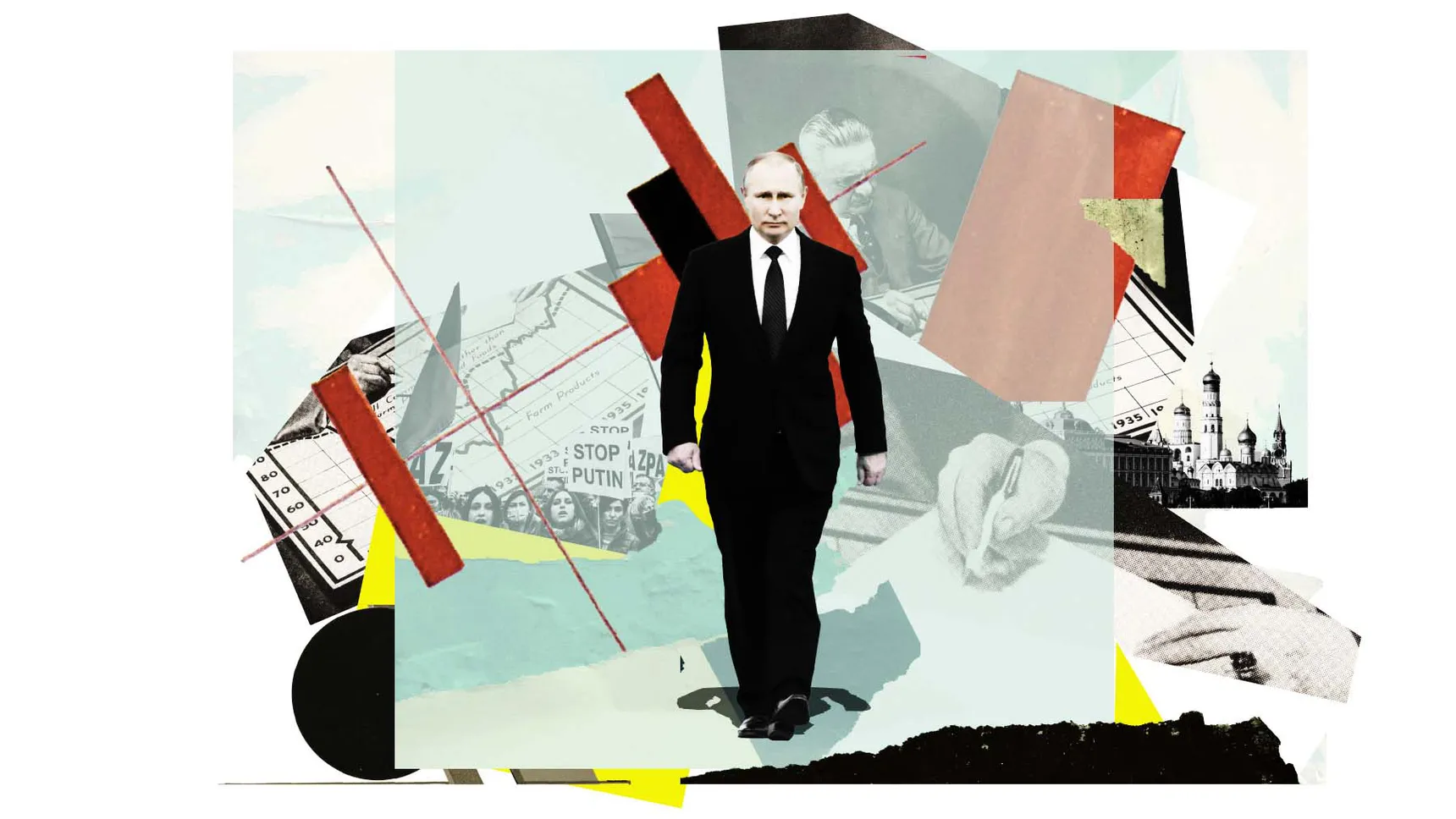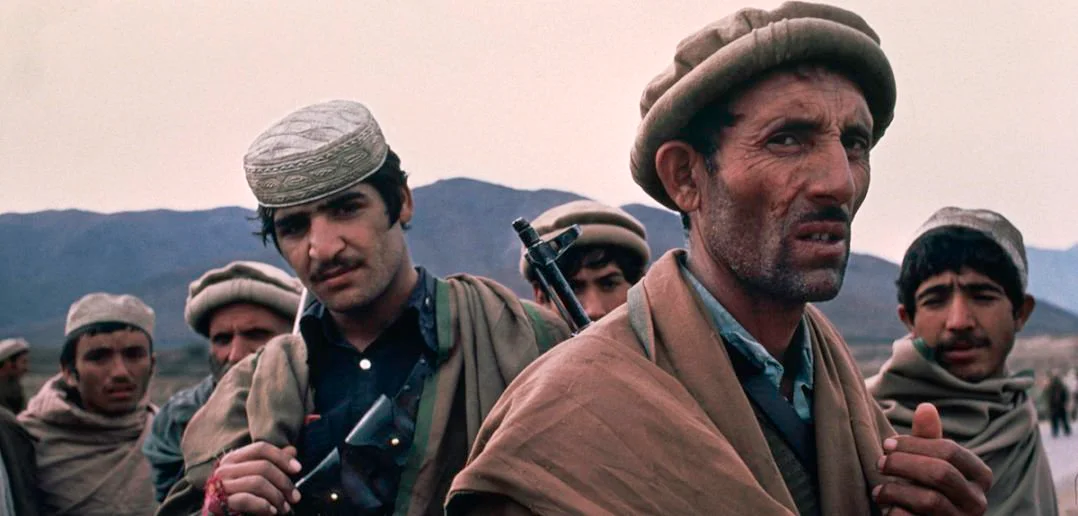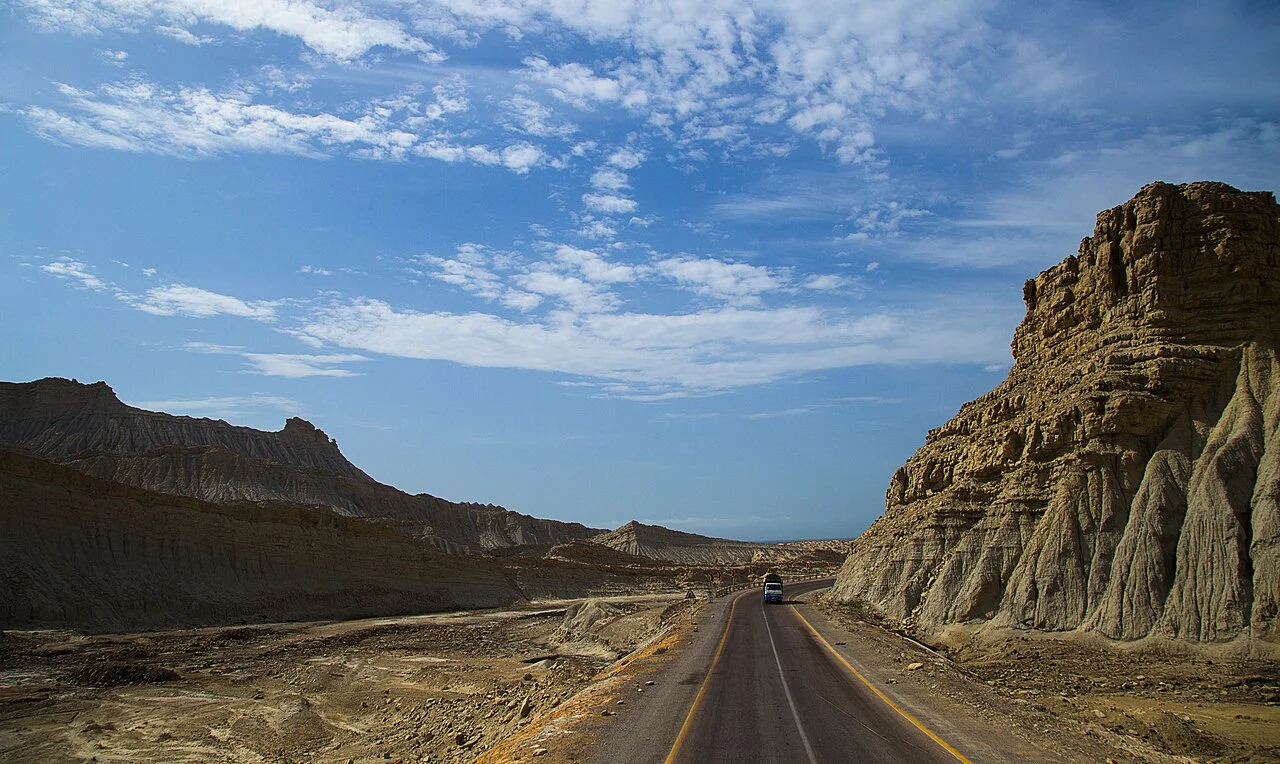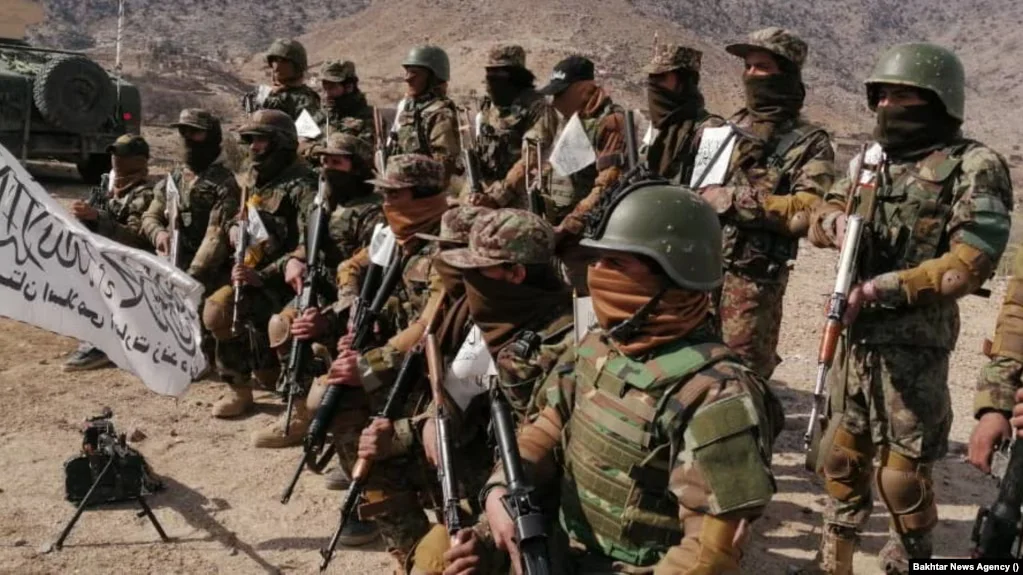As Russia began its military campaign in Ukraine earlier, world leaders condemned Russia’s invasion of Ukraine adopting a stance that war does not benefit and history has proved it. They are totally right, in view of the recent United States-led invasions of Vietnam, Iraq, and Afghanistan. Moreover, considering South Asia as a case in point, keeping in view the recently ended US-led War on Terrorism in Afghanistan, its regional implications, especially for the countries sharing a border with Afghanistan are immense. In the same way, the implications of the ongoing crisis are not only limited to Europe. The Russian intervention will produce indispensable ramifications for South Asia as well. Oil prices are already hitting new highs in countries like Pakistan and Sri Lanka. Imran Khan’s administration announced a major hike in petroleum products in mid-February. Sri Lanka paid $35 million for a diesel shipment on 23rd February and has another large payment due. Yet, gas and oil prices will face a surge amid the crisis in Europe. This will cause a severe recession for South Asian economies and will hamper the manufacturing capacities.
European Conflict: Concerns for South Asia
The geopolitical implications will also be far-reaching in the coming days. The State Department of the US has already asked ‘every responsible nation’ to condemn the Russian intervention. The US will try to use its hegemonic muscles to canter the South Asian countries on its track.
India may also face a choice dilemma since it has strategic ties with Russia, which it cannot afford to lose considering its deadlocks with the Chinese at the Himalayas and with Pakistan on its western border.
Also, Russia contributes almost 70% to Indian military hardware. India will try to play a non-partisan role calling for a truce and negotiations. India’s permanent envoy to the UN has called for “greater efforts to bridge divergent interests.” However, India has not condemned Russia, unlike the other Quad members. Pakistan’s Prime Minister, Imran Khan, has just returned from his two-day visit to Russia. This visit has been placed at the helm by the Ukrainian conflict and the already existing humanitarian crisis in Afghanistan. As compared to India, the quandary for Pakistan is less severe but immediate. For now, Pakistan has also called for peace but time will decide the direction of the tide.
The new spirit of the Ukrainian conflict might bring forth new security concerns for the region. The military tensions between Kremlin and Uncle Sam may expand beyond Ukraine, especially the Russian Far East. One such case can be traced in mid-February when Moscow released a statement that its territorial waters in the Pacific Ocean has been intruded on by a US submarine. Iran has already accused NATO of escalating the Ukrainian crisis. The crisis in Afghanistan may also worsen if it does not get enough attention which may realize the perceived security dilemmas of Afghanistan’s neighbors.
Russia-Ukraine Crisis: Implications for South Asia
To determine the emerging concerns and implications of a European conflict for South Asia, it is essential to take into account the geography factor in terms of the prevalent trends of regional connectivity linking South and Central Asia with each other, and to Europe. When Russia amassed its military might on the Ukrainian border, the US stirred up the protests in Kazakhstan as a counter move. The proximity of this theatre’s location with Afghanistan and Russia is crucial, and it has constructed a new sense of hybrid war. The four countries around Afghanistan i.e., China, Iran, Pakistan, and Russia share a discontent with the United States.
After Cold War, the US has ample experience of regime change in Central Asia Republics, doing so mainly through NGOs. Kazakh President Kassym-Jomart Tokayev accused National Endowment for Democracy (NED), a front of the CIA, for sponsoring militancy in Kazakhstan.
As a matter of fact, only in 2020, the NED has spent around $4.5 million to sponsor anti-government bodies and PR campaigns in Pakistan. The crisis in Eastern Europe has now found traction in Central and South Asia mainly impacting Pakistan and Afghanistan. The new Interim administration in Afghanistan fears that this new conflict will drive away the attention of affluent ones from the humanitarian crisis of war-torn Afghanistan.
The UN has already struggled to muster up the amount of 4.4 billion dollars, which is just peanuts to ease the situation in the US-intervened state. The pressure of resolving the crisis in Afghanistan has certainly decreased. Considering this, the Taliban have asked the international community to resolve the Russo-Ukrainian conflict peacefully.
It is premature to predict anything but the outcomes of this conflict will be disastrous, thus for South Asia, the best resolution of the Russia-Ukraine crisis would be a quick and peaceful one. That appears increasingly unlikely by the hour.






